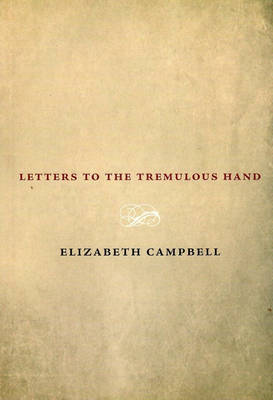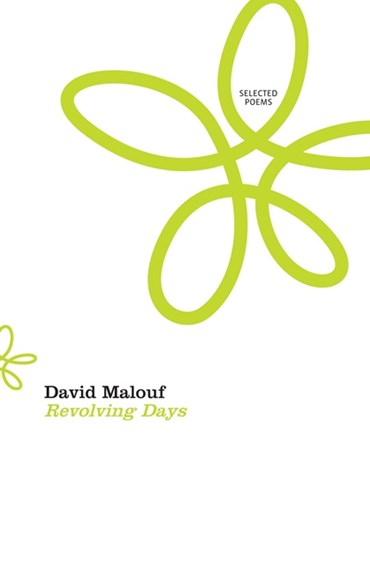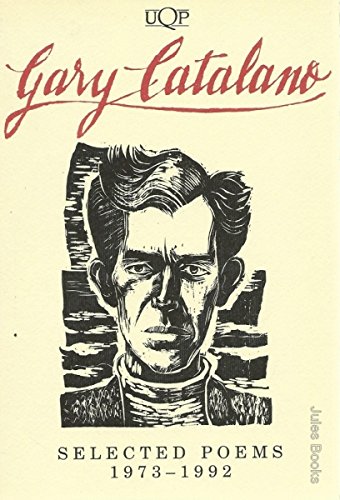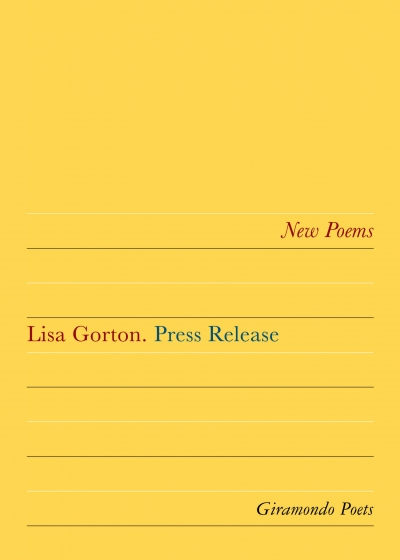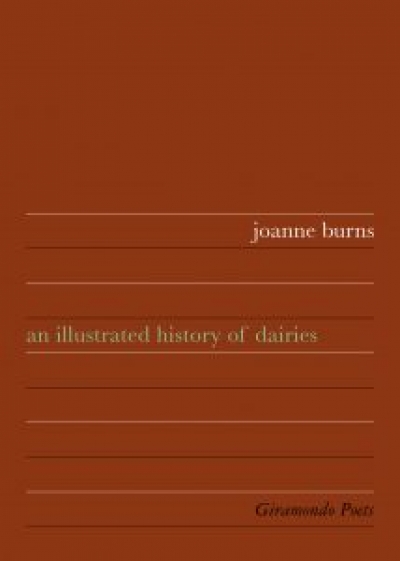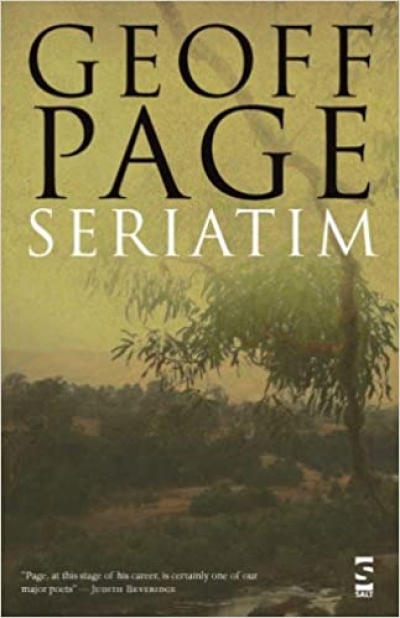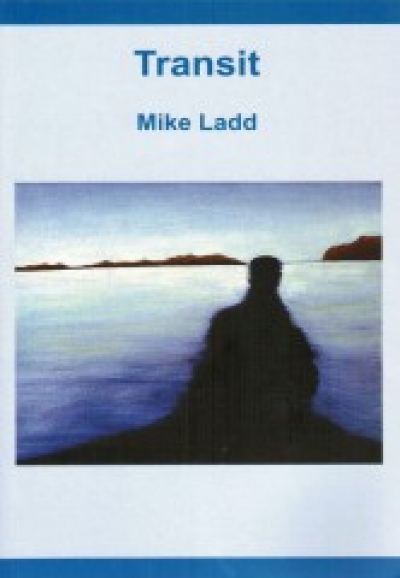Poetry
Letters to the Tremulous Hand by Elizabeth Campbell & Man Wolf Man by L.K. Holt
John Leonard Press produces beautiful books of poetry. Proof of the editor’s precise standards, L.K. Holt’s Man Wolf Man features a fine, bullet-sized insignia of a wolf man’s head after the title page. But as Leonard has shown in publishing three (out of four) first books by young Australian women poets, he is not bound to tradition. Holt’s book, with its combination of formal style and feminist obscenity, and Elizabeth Campbell’s Letters to the Tremulous Hand, which includes poems about medieval scribes and human trafficking, suggest that Leonard’s aesthetic is more radical than most. Could it be time for young Australian women poets to shine? Are these two poets among the bright young things of a Generation of ’08?
... (read more)Seen from that famous ray of light
Discharging from the town hall tower
On the last stroke of noon,
The hands would stand forever at that hour
As though the holocaust of blinding white
That set it all in train,
When present, past and future were triune,
Were come again,
The endless now on which the blessed take flight.
I won’t this time. Silent at last and shunted
Into its siding in the Victorian Arts Centre
The container train started its journey in Yugoslavia
Two years before it arrived in Gippsland
Among trees that echo Albert Namatjira.
David Malouf’s Typewriter Music (2007) recently reminded readers that Malouf is a masterful poet. It was also evidence of an especially successful period in Malouf’s glittering career, appearing only a year after the highly praised collection of short stories, Every Move You Make (2006), and in the same year as The Complete Stories (2007). Now with the publication of Malouf’s latest Selected Poems, Revolving Days, we can see that this late efflorescence of poetry and short fiction suggests what might have been evident all along: that Malouf works best within a small frame. Malouf, who began as a poet in the 1960s, has – despite some flirtation with the epic mode – consistently shown himself to be interested in compact forms: the lyric poem, the short story, the essay, the libretto, and the novella.
... (read more)‘Poetically we dwell …’ Heidegger wonderfully essayed, borrowing a phrase from Hölderlin. The phrase has been in me for a long time, feeding notions of how poetry might be inseparable from a form of life. When I was writing books connected with Aboriginal culture, the poetry seemed to come out of the ground, almost literally. There, in the performance of sacred song, with each step and syllable, a poetic existence was acted out, and all in the open air, a singing of the body in the public place. The ground and the body were painted, but there was no writing to speak of. The poem was voiced from the Dreaming, the poetic key to reality, as W.F. Stanner put it. Everything was vitally connected with everything else.
Lately, I have found myself taken up with a poetic dwelling that belongs indoors or, if not inside, then along a set of thresholds, and with such refinements and thorough literariness, that it presents a whole other illustration of Heidegger’s maxim. For it seems that a thorough-going model of poetic dwelling can be found not just on the ceremonial grounds of the archaic, but in the exquisite routines of the pre-medieval court in Japan, or more particularly, in the world of the shining prince of eleventh-century Kyoto, where, for a hundred years or so, women excelled in the most passionate brushwork, writing their Japanese freely in the tremulous air, you might say – air left to them by the men whose official duties and exclusive rights to formal education obliged them to inhabit the Chinese language.
... (read more)Gary Catalano was, by profession, a writer about art. But he was also a fine poet with a distinctive style. On no account was he neglected – he appears in most anthologies that ought to include him – but he often seemed to be writing in an entirely different idiom from that of his contemporaries. He was difficult to place and thus, perhaps, difficult to appreciate.
... (read more)In Lisa Gorton’s first collection of poetry, somewhat ambiguously entitled Press Release, light, absence and doubt are major preoccupations. The poems speak of ‘a weight of light’, ‘neon expectation’, ‘ruined cities overrun with light’ and ‘all that falling light’ – in just the first of this volume’s four sections. Light, for Gorton, is a sometimes mesmerising and often overwhelming force. Among other things, it is the illumination of nostalgia, the halo of memory and the shining-out of presence. Interestingly, it is also about culmination, often standing for various forms of – usually problematic – realisation and achievement. For example, in ‘Scald’, the poem’s persona speaks of ‘light drawn in to the idea of light, all-eye and all / forgetting, more entire than perfection’; and in ‘Guns I / Major Mitchell, 1836:’ wild birds ‘are tearing the blueblack / shadows out of the river’, as if light and life are joined in defying the ruination of death and the depredations of time. But in Gorton’s poetry light never fully escapes the dark, and in ‘Scald’ the ‘sheer of light’ is also a ‘shining blank’, while the poem’s speaker represents herself as a ‘bright / dark torso’, images in which absence, darkness and light are inextricably connected.
... (read more)joanne burns: There’s a name to conjure with. The familiar lowercase signature – first encountered in my now-tattered copies of 1970s women’s poetry magazines such as Khasmik and Cauldron, and in the anthologies Mother, I’m Rooted (1975) and No Regrets (1979) – now appears on burns’s fourteenth book. An Illustrated History of Dairies offers a generous selection of her verse and prose poems, including the satires on (sub)urban life for which she is well known, condensed narrative pieces, enigmatic fragments linked by flashes of surrealist wit.
... (read more)Seriatim, the poems are in order, though not subdivided into marked divisions indicating common themes with some compelling logic to them, but a series of observations, dot points, which may or may not be part of a larger argument. It is like a conversation. No one knows exactly where it will end when it starts, but it goes on with an order, sometimes determined by logic, otherwise by association, free and not so free. The book is one long poem; the poet’s consciousness explores ageing, place, time, poetry itself, language, and emotion, taking on whatever life throws up. So we start with reflections on Australian history, very old age (parents), old age (the poet himself), poetry and its practice, places here and abroad, and finally Islam and its extremists. It is a conversation between poet and reader in which there is no lofty conclusion, no stunning revelation or gesture, but a sharing of thought and emotion, which ends with the threads to be picked up later.
... (read more)In his poem ‘Reunion’, Mike Ladd takes us back to his old school in Adelaide. Three stanzas recapitulate the journey before another four talk us through the fate of the poet’s former schoolmates. Some of these outcomes are predictably neat: ‘How the wild girl became a matron, / and the prim one, a single mum, at seventeen.’ The ‘cop’s son’ ‘was shot dead in Afghanistan, / a mercenary, picked off by sniper fire’, while ‘the thin and gormless one / made a fortune dealing stocks’.
... (read more)

